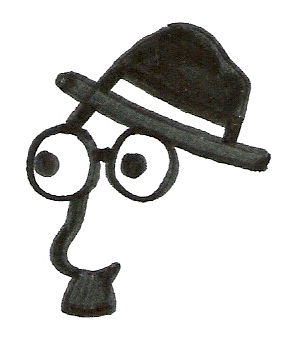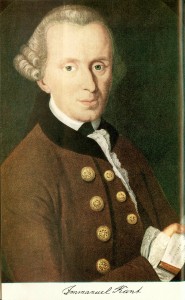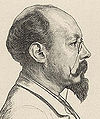 As you can see from this screenshot from today’s notes I have trouble on concentrating me on one language.
As you can see from this screenshot from today’s notes I have trouble on concentrating me on one language.
When I read Dutch I spontaneously write in Dutch, and the same goes for English and Danish.
I don’t really know what to do with this right now, it is not always practical but it happens.
To write a blogpost about a Dutch book in Danish is a bit “unusual”, as is to write about a Danish book in Dutch or a Dutch book in English.
Most native English speakers don’t master Dutch or Danish, but almost all Dutch or Danes speak English more or less fluently.
Danes don’t speak Dutch as a rule, and Dutch don’t understand Danish well.
So English is the only language that most people in Europa (and elsewhere) understand.
I could of course write in Dutch about Dutch books etc, but, how good is my Dutch, or Danish at the moment?
Google Translate can be a helpful tool, but it is not perfect yet and turns many sentences into nonsense:
Het is makkelijk te krijgen insanely afgeleid in ons leven vol van informatie en impulsen, maar waar komt het laat ons?
Når jeg skriver, jeg højtideligt besøge mig.
I suppose I will continue in English so that everybody can read it, but a quote can be in one of the languages.
Quotes are often not so easy to translate and regularly serve as an illustration rather than a vital part of the story.





